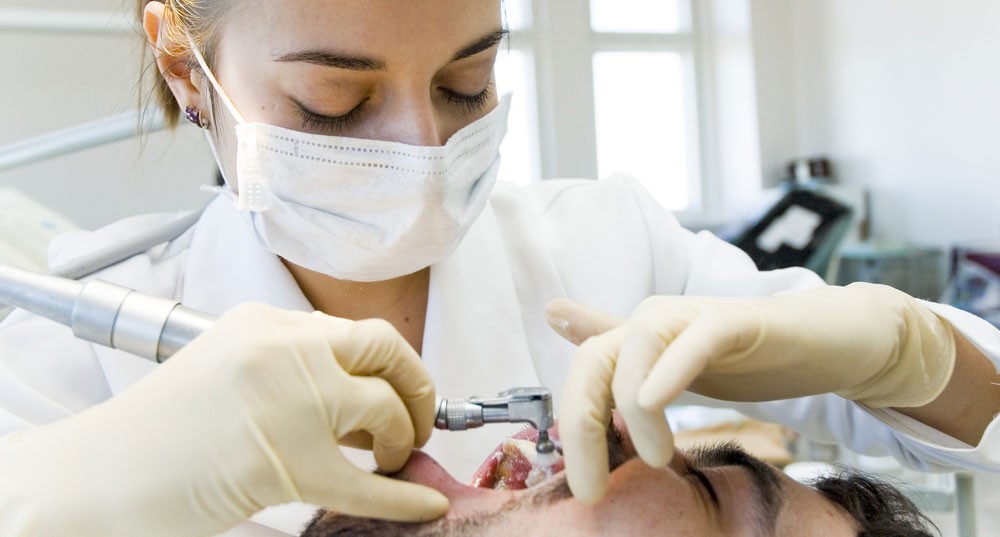For anyone who suffers from dental anxiety, low pain tolerance, extreme sensitivity or movement disorders, going to the dentist can be extremely difficult. More and more patients who suffer from these challenges or have a general dislike for the dentist are opting for sedation dentistry for many reasons. If you are considering dental sedation for your next appointment or procedure, being fully informed prior to your appointment will help you to know exactly what to expect. Here are five vital questions to ask your dentist before opting for dental sedation.
What Are the Benefits of Dental Sedation?
Dental sedation can be used for a variety of different reasons.
Reduced Dental Anxiety
One of the top reasons we utilize dental sedation is to help patients who are extremely nervous or anxious about their appointment regardless of the treatment being performed. Some patients avoid visiting the dentist strictly because of their fears, and their teeth have suffered because of it.
Limited Mobility and Relaxation
Another primary reason why patients choose dental sedation is to help someone incapable of remaining still during a procedure. Those who cannot stay seated for prolonged periods without pain or small children who cannot sit still may benefit. Dental sedation can allow someone to sleep, so the dentist can safely fix any dental issues without causing pain or trauma to the patient.
What Types of Sedation Are Available?
Nitrous Oxide
More commonly known as “laughing gas,” this inhalant is used to relax patients during dental procedures. While breathing nitrous oxide, you will be conscious. The effects are very mild, and you will begin to feel the benefits soon after breathing it in. This type of gas wears off very quickly, allowing patients to often drive themselves home after a procedure.
Oral Sedation
Often referred to as “conscious sedation,” oral sedation involves you taking a prescribed dose of sedative prior to your procedure. This type of sedation leaves you awake for the procedure while allowing your body to relax significantly. Patients who have higher levels of anxiety often benefit from this type of sedation. You will feel wholly relaxed, able to communicate with your dentist, and may not even remember your entire dental treatment.
Local Anesthesia
Local anesthesia is used during the majority of dental procedures that affect tooth or gum structure. A painkiller injected at the work site numbs the area and prevents the patient from feeling discomfort. Local anesthesia may be used in combination with nitrous or oral sedation to make your appointment completely painless.
General Anesthesia
General anesthesia is a more extreme option for patients who are highly nervous about dental treatments. During general anesthesia, the patient will be completely unconscious. This form of sedation has some risk attached, as well as a more extended recovery period.
What Are the Risks?
Every type of sedation has associated risks. Be sure to ask your dentist what the risks are related to the specific type of dental sedation they are recommending. A great dentist will be upfront with you about those risks, and what emergency plans they have in place if an unexpected issue does arise.
How Experienced Are You In Dental Sedation?
Before choosing sedation dentistry, it’s vital to sit down with your dentist to discuss their previous experience. As this type of sedation is becoming more popular, many dentists are now offering it to their patients. That being said, having sedation performed by a dentist who has experience is a must. Find out if the dentist you are considering is certified to offer moderate sedation during your consultation.
What Kind of Sedation is Right For Me?
When it comes to what type of sedation is right for you, every patient is different. Depending on your level of dental anxiety, Dr. Okamura will discuss the various forms of anesthesia available. Together, we will determine the best course of action for you, ensuring that you are entirely comfortable with the entire process before the procedure. We are happy to discuss sedation with you, so you are comfortable and knowledgeable in understanding both the pros and cons of its use. If you’d like to discuss your dental sedation options in Seattle, call Dr. Okamura DDS today.

